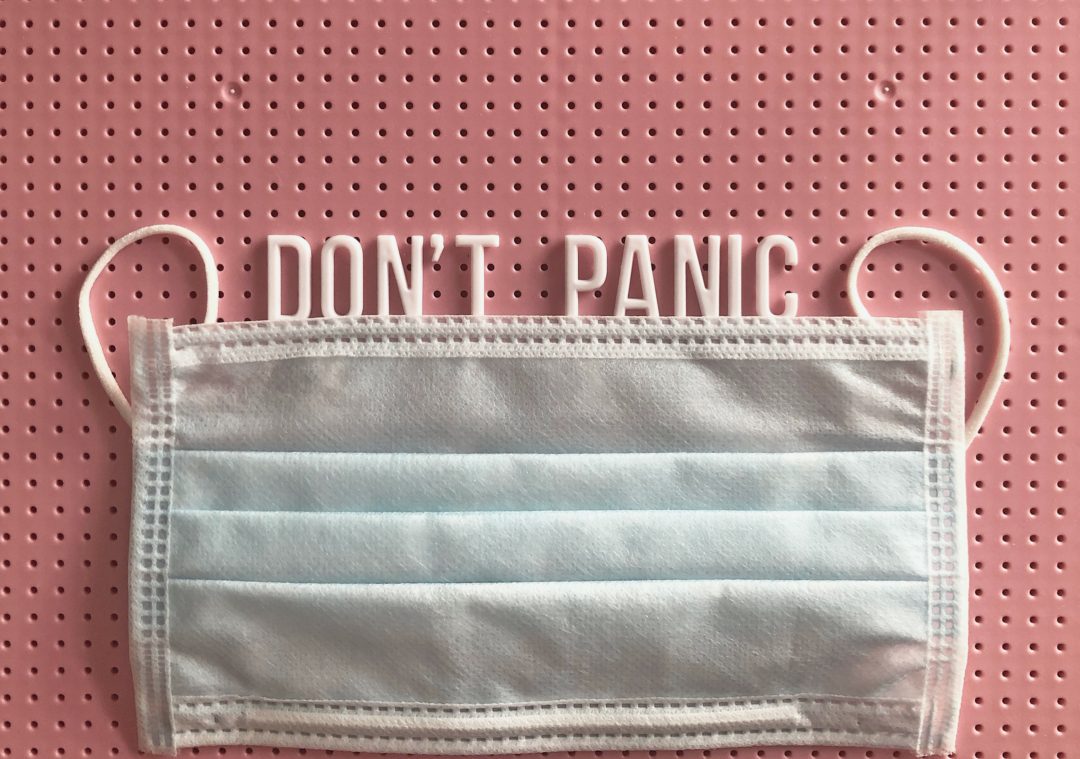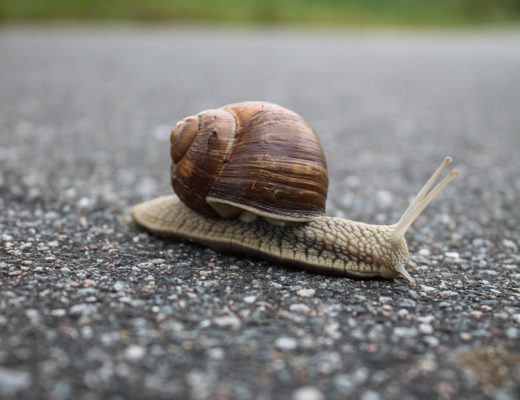2020 hasn’t been easy. Over the last six months, it has felt like the news cycle has been hitting us over the head repeatedly with a lead brick, one negative headline after the other.
From the early days of COVID-19, through to the bush fires in Australia (remember those?), a full-blown pandemic, the murder of George Floyd and the subsequent Black Lives Matter movement, threats of a second wave of the virus and constant reporting on how the economy is in dire straits, it has been relentless.
Life as we knew it vanished into thin air, and what we have been left with is an almost alternate reality, one that is fast changing, largely unpredictable, and that has blown any certainty out of the water.
And I’m afraid this isn’t over. I’m sure I’m not alone when I say that I’m starting to find this subsequent ‘new normal’ more difficult to deal with than the early days of the pandemic. Sure, a lot of things may have simmered down a bit, but the truth is life is still mostly strange and unpredictable.
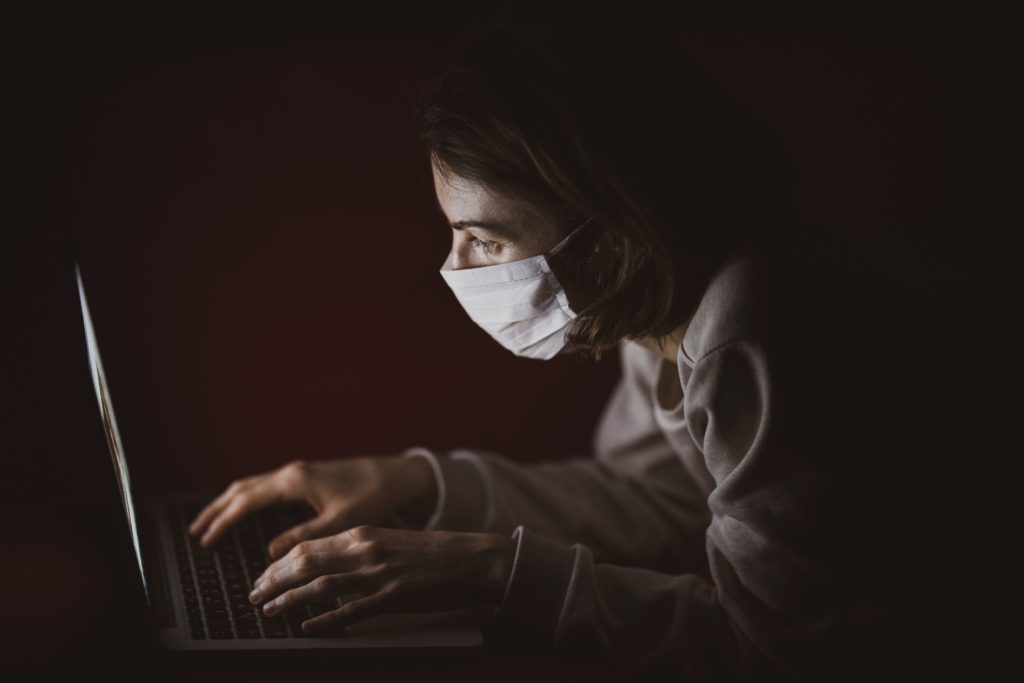
So, we now need to learn how to live with a dark cloud of uncertainty looming over our heads. The truth is, life is always uncertain to a great extent, but it’s never been quite this uncertain, especially for those of us privileged enough to have lived good, ‘secure’ lives up until this point.
Humans love certainty. It’s why most of us have routines, and most of us plan our lives out. This so-called new normal is challenging our concept of certainty and routine and is asking us to live each day at a time, without knowing what the following weeks will bring.
This is taking a toll on our mental health. In a recent opinion piece published in the Journal of the American Medical Association, Sandro Galea, a professor at the Boston University School of Public Health warned it is likely there will be “substantial increases in anxiety and depression, substance abuse, loneliness, and domestic violence” due to the pandemic.
Not surprising really. So, how can we protect our mental health during the pandemic? While we’re certainly navigating unchartered territory right now, there are a few things we can try to take care of ourselves. Here are a few suggestions:
Limit your news consumption
We’re reaching our saturation point in our ability to process information, according to this article from One Zero. The reporter explains how the constant cycle of bad news is harming our mental health by triggering symptoms similar to those of post-traumatic stress disorder.
I’ve found myself feeling despondent lately whenever I look on the news websites. There’s nothing positive, just a barrage of depressing headlines on the latest death/infection figures and the state of the economy.
It’s demoralising and depressing.
I’ve realised it’s going to be like this for a long time, and there’s no use in trying to read everything or to try and keep on top of the news cycle. I now only scan headlines every few days or so, and I’ve felt much better since I’ve limited the amount of news I consume.
For those of you looking for tips on how to manage your news consumption, I like this piece by The Conversation.
Reduce your exposure to social media
Similar to the news sites, you also can’t escape the excessive negativity on social media. Whether it is people sharing the most negative articles they can find, or strangers bickering over the most inane of things, I’ve found that my Twitter and Facebook feeds can be just as stress-inducing as the news right now.
I get it. The collective levels of anxiety are extremely high. We’re all trying to do the best to navigate this madness, but what that means is that we’re all coping in different ways – some healthy, and some not-so-healthy.
I’ve seen some of these not-so-healthy coping mechanisms on social media and it can be draining to witness. If you’re particularly sensitive or empathetic, the effect can be even higher, because you’re used to ‘taking on’ other people’s energies.
If this resonates, it’s worth monitoring how long you’re spending on there and cutting back. I know it can feel tempting to spend longer on social media, particularly if you’re feeling isolated, but it’s important to consciously take some time away from it.
So, step back and do things that help you to completely disconnect from your phone and laptop. It can be anything from yoga to reading a book or going for a long walk.
Spend time in nature
Spending time in nature has a host of benefits, from decreasing heart rate, blood pressure and stress cortisol, to improving psychological well-being. And the experts reckon that you need about two hours a week in nature to see the benefits.
Further to the previous point, being out in nature also gives us a good excuse for downtime away from screens and technology.
“What’s mine is mine, what’s yours is yours”
One of my teachers uttered these words during a yoga teacher’s training and it resonated with me so much. As humans, we have the gift of empathy and feeling other people’s pain as if it were our own. While this is great in helping us to connect with others, it can also be draining, particularly for those who are sensitive or highly empathetic.
I’d be particularly aware of this at the moment. Emotions are running so high that it can be difficult sometimes to truly recognise which ones are ours and which ones are those of others.
If I find myself feeling anxious because I’ve been reading something highly charged that someone else has written, for example, I utter the above words to myself. It helps me to recognise those feelings as someone else’s and to detach somewhat from them.
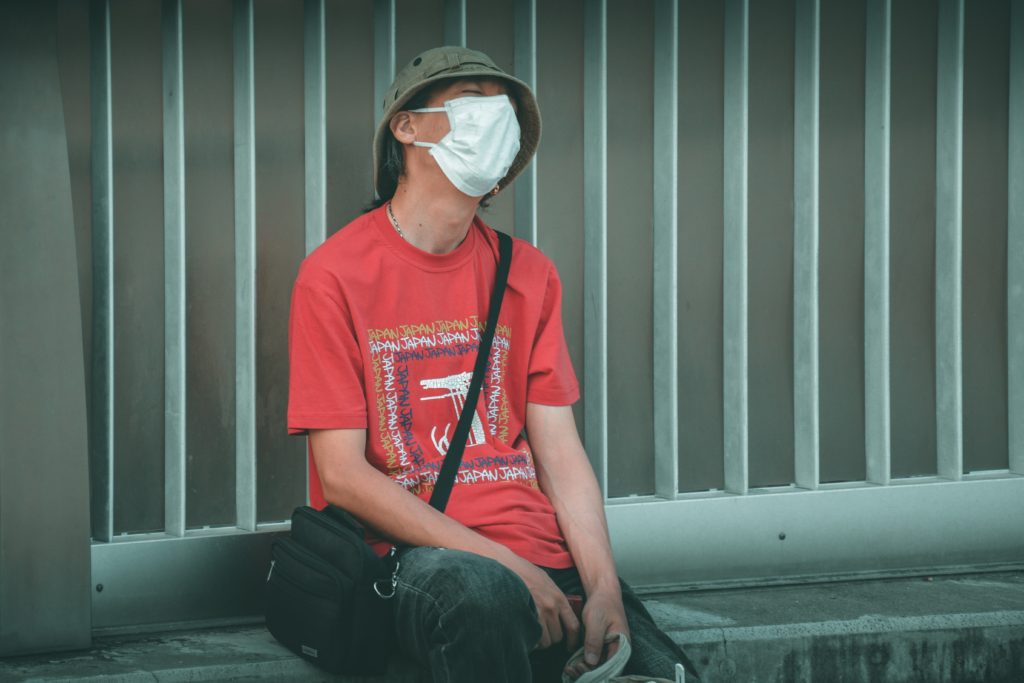
Take a break from talking about it
It can feel a bit like there’s nothing else to talk about at the moment. All conversations are hijacked by the virus and what the latest news relating to figures and the vaccine is. It’s near impossible not to talk about it, and this was particularly true during lockdown when there wasn’t much else going on in people’s lives.
While I think it’s healthy to talk about how we’re experiencing the lockdown and the pandemic, I don’t think it’s particularly healthy for it to be the sole focus of every discussion we have. So, every once in a while, make it a rule that when you meet a loved one that you’ll not talk about it.
Make self-care a priority
It can be tempting to skip self-care when all we want to do is hide beneath a duvet or engage in behaviours that are not so good for us instead. Self-care, however, is the perfect antidote to this crazy time we’re living in, and it’s important to prioritize it.
I’d like to make a point here that by self-care, I mean any activity that we do to take care of our mental, emotional and physical health. Some good examples are:
- Getting the right amount of sleep (typically anything above seven hours).
- Eating nutritious, healthy food.
- Physical exercise that makes you feel good.
- Making sure you get any physical checkups that you need (i.e. routine smear tests, going to the dentist every six months etc.).
- Figuring out what gives you joy and trying to do these things daily.
- Knowing how to decompress and relax, and nourishing yourself with things like meditation, long walks, and anything else that feels good for your soul.
- Spending time with people who are good for you.
If you’re looking for more inspiration, this from HuffPost is good.
Reminisce
There’s a reason why when we get together with friends and family, we’ll often spend some time reminiscing about something funny or heartwarming that happened in the past. It feels nice to think about the good times, and it helps strengthen bonds with people. So, get some old photos out and have a natter about the good old days pre-COVID. I’ve found that this cheers me up during those low times.
Look for a sense of purpose
One of the things I struggled with at the beginning of lockdown was a lack of a sense of purpose. I didn’t have much work at the time, and I quickly slipped into a habit of too much Netlfix and little else. This was fine for a while, but I then started to feel despondent.
It’s been found that a sense of purpose is associated with a lower risk of death and other health benefits. It’s good for us, particularly at a time like this, to have a bigger picture that keeps us going.
You don’t need to have it all figured out at the moment; in fact, I’d say it’s near impossible. But find one thing that makes your life feel meaningful and try to focus on it. It can be anything from providing for your family to helping others to feel empowered at this time of uncertainty.
This will help you to control the things that you are able to, which brings me onto my next point.
Accept the things you cannot control and surrender
The number of things out of our control has substantially increased this year. The reality is, though, that most aspects of our lives are out of our control – the only difference now is that we’ve been made more aware of it. At the minute, I cannot control when I’ll next see my family, for example, whereas before I was able to hop on a plane and see them whenever I wanted to.
Part of my struggle at the start was that I was resisting all this change. I then realised that it was one of those situations where I really had to practise the art of surrendering.
Surrendering doesn’t mean defeat. It simply means accepting that sometimes we have to give up the notion that we should be able to manage or control a situation.
This is a great article on what surrendering is and why we should practise it.
Journal
It’s not surprising that as a writer I love to express myself through words. Writing is incredibly healing. I’ve personally found that sitting with a journal every morning and just letting whatever is in my head spill out onto the paper really helps me to gain some perspective on the things that are bothering me. It can also act as a great way to dissipate anxiety.
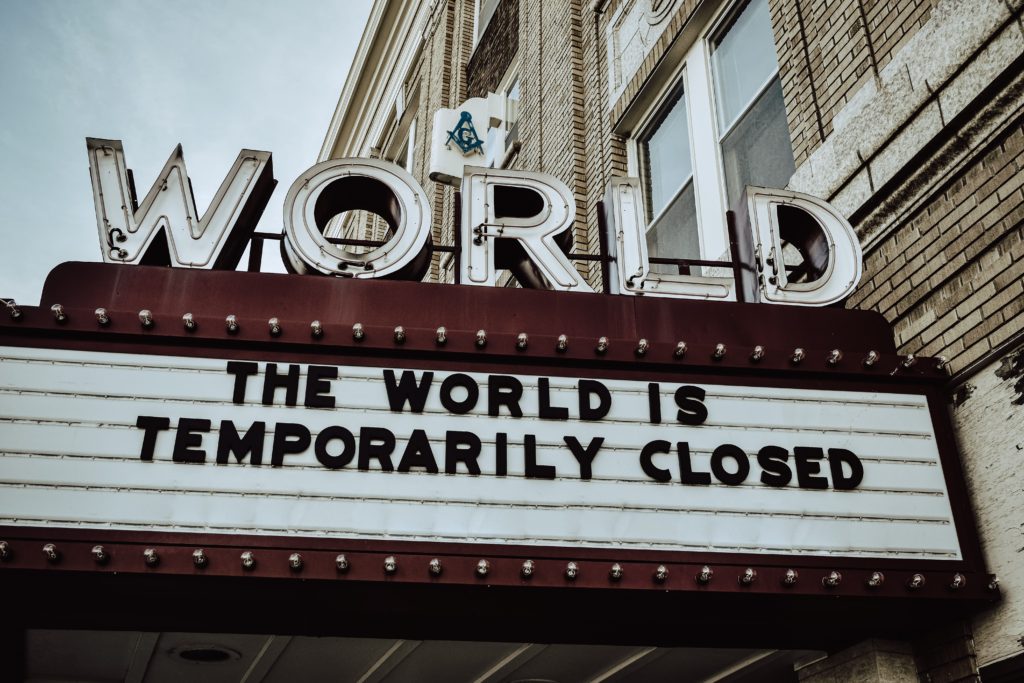
Get creative
The pandemic has caused global anxiety levels to peak, particularly among those whose incomes have fallen. Anxiety can be incredibly uncomfortable, and for me, one of the things that helped the most was to get creative, and, more specifically, draw mandalas.
When I draw mandalas, I’m so focused on the task at hand that any anxiety that I’m feeling just naturally falls away. I feel the more we do tasks that can help counteract the negative mental health effects of the pandemic, the better. For some inspiration, here’s a post I wrote on creative tasks that help soothe anxiety.
Know when to ask for help
Sometimes only a professional can help. It is likely that most of us would benefit from therapy thanks to 2020, but it could be particularly useful for those who:
- Have lost joy in doing the things they usually love to do
- Are abusing food, drugs and alcohol to cope
- Are feeling sad, angry, or just “not themselves”
- Have been directly affected by the virus either by contracting it or losing someone close to them who contracted it
- Have lost their jobs/seen a reduction in income due to the pandemic
- Have spent lockdown alone
Disclaimer: I’m not a psychologist, nor am I a trained therapist. This advice is based on personal experience and research, and it is no substitute for professional medical intervention and/or therapy.

